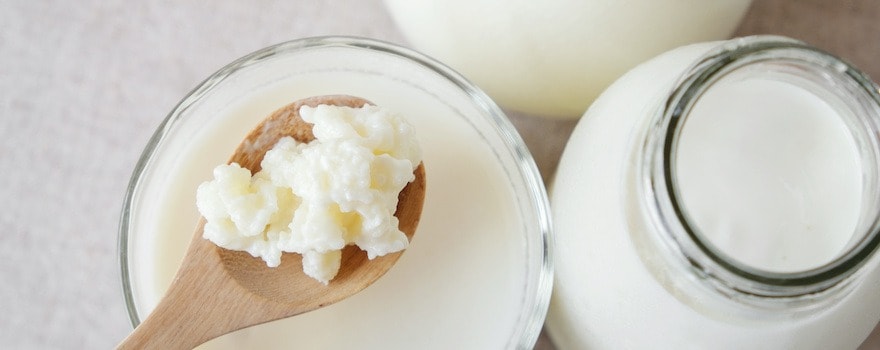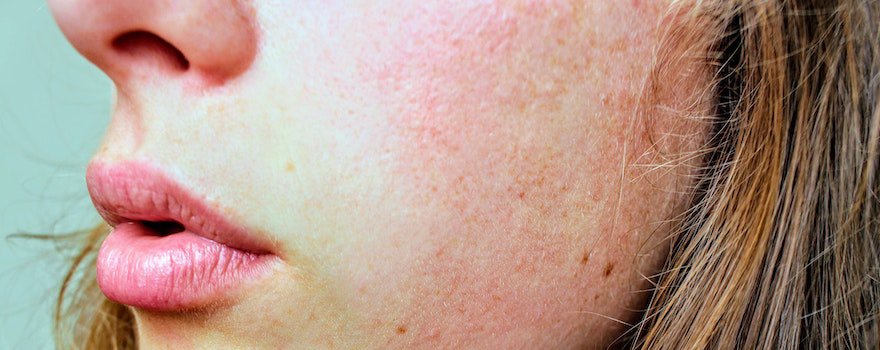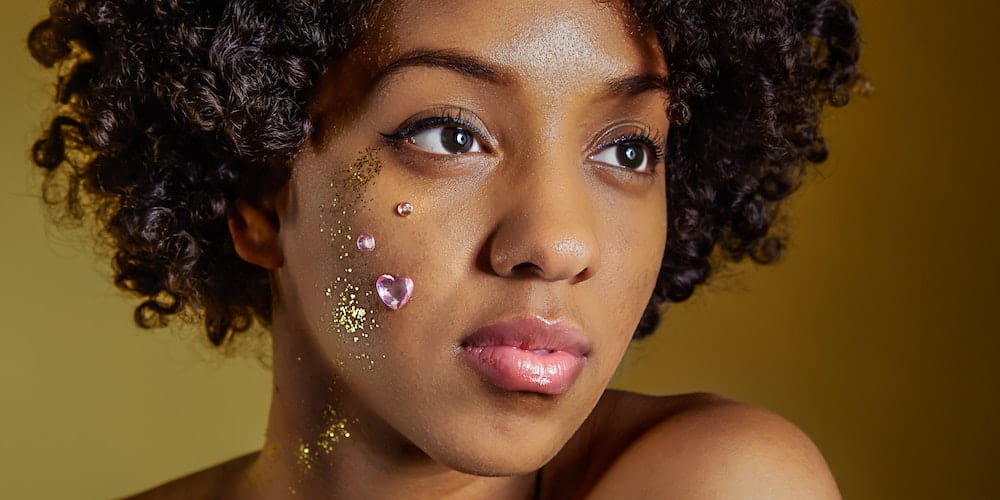What are probiotics ?
The term « probiotics » encompasses microorganisms including good bacteria and yeasts. They are present in the body’s different microbiomes such as the intestinal, oral, and skin microbiomes.
They feed on prebiotics, a type of fiber found in certain foods. Above all, they play a protective role by limiting microbial attacks and inhibiting their activity.
They ensure the balance between good and bad bacteria is always maintained.
At the same time, they strengthen immunity and the barrier function of the mucous membranes.
Probiotics are best known for their benefits to the digestive system. Indeed, they aid digestion, regulate bowel movements, and relieve dyspepsia. Studies also indicate their potential role in weight loss.
Read also | How to choose the best probiotics?
Researchers have also studied the role of probiotics on the skin. They balance and enrich the skin microbiome.
Additionally, they protect the skin by strengthening the barrier function and boosting its natural immunity.
Finally, they reduce inflammation often associated with a skin condition such as dermatitis, psoriasis, or acne.
Thus, consuming probiotics could be beneficial for improving the skin’s appearance and reducing acne and its symptoms: pimples, blackheads, excess sebum…
Opt for fermented products such as yogurts, brewer’s yeast, or kefir. They are also available as dietary supplements (capsules or powder).
Read also | Probiotics for weight loss

How do they help reduce acne ?
They balance and enrich the skin microbiome
These microorganisms have a dual action on the skin microbiota.
On the one hand, they maintain the balance between the good and the bad bacteria present there. Thus, the former must always be in greater numbers. Otherwise, this imbalance promotes skin conditions such as atopic eczema or acne.
On the other hand, they support the microbial flora already in place and enrich the microbiota if needed. They can increase populations of beneficial bacteria, thereby improving the composition of the skin microbiota.
This review shows the potential of probiotics in the treatment of acne. The strains Staphylococcus epidermidis and Lactococcus appear to be effective against Cutibacterium acnes, the bacterium responsible for acne.
They protect and strengthen the skin
Probiotics strengthen the skin barrier located in the epidermis. Acne is often associated with an alteration of this “protective shield”. Indeed, it is less effective and therefore protects the skin less well from external aggressions.
When weakened, it responds with hyperseborrhea (excessive sebum secretion) and the appearance of blemishes. Skin that defends itself well is therefore less prone to acne.
Finally, probiotics stimulate skin immunity. They boost the skin’s natural defenses that fight pathogenic germs. In addition, they modulate the immune response to limit skin eruptions and acne flare-ups.
This study shows the impact of probiotics on the skin microbiota and the immune system in fighting skin diseases.

They reduce skin inflammation
These microorganisms are useful in cases of inflammatory acne. Indeed, they are excellent natural anti-inflammatories.
Probiotics are capable of reducing skin inflammation. To do this, they inhibit the production of pro-inflammatory cytokines such as interleukins. These worsen skin diseases including acne.
Also read The best supplements for acne
By reducing inflammation, they soothe discomfort (red, swollen and hot lesions) and limit imperfections : papules, pustules, comedones… Acne is less severe and skin eruptions are less frequent.
This study shows the anti-inflammatory action of probiotics and their beneficial effect on skin diseases.



